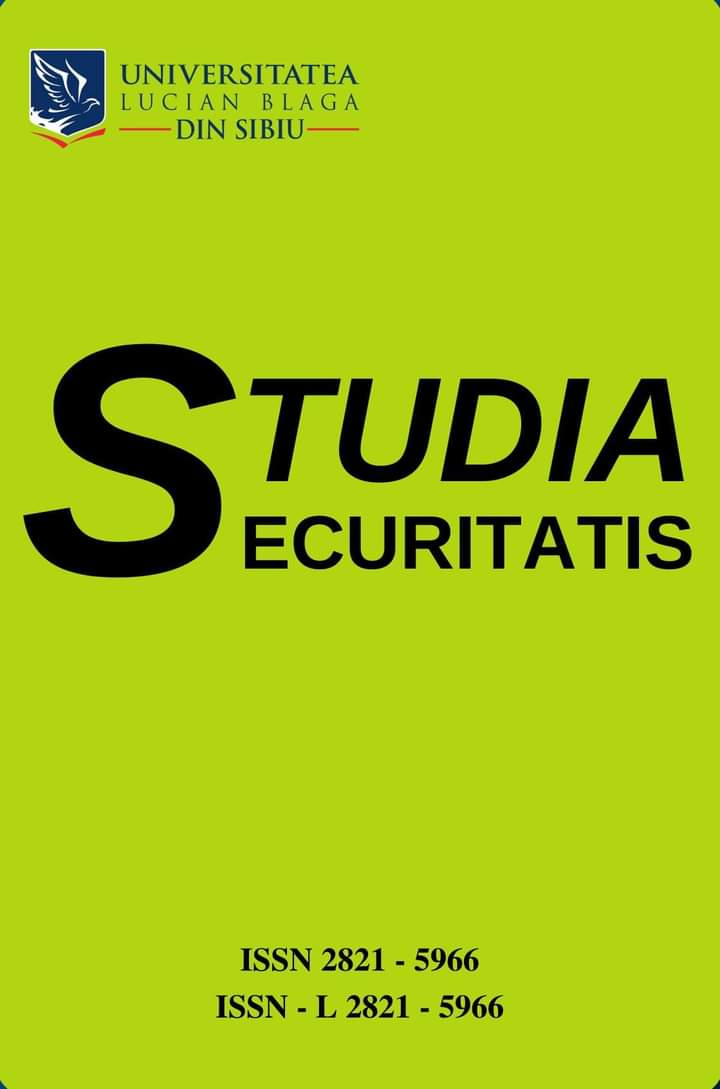HUMAN RIGHTS AND INSTITUTION BUILDING IN POST-SOCIALIST ALBANIA.
THE GENDER PERSPECTIVE
HUMAN RIGHTS AND INSTITUTION BUILDING IN POST-SOCIALIST ALBANIA.
THE GENDER PERSPECTIVE
Author(s): Juliana GJINKOSubject(s): Gender Studies, Constitutional Law, Civil Law, Human Rights and Humanitarian Law, Civil Society, Governance, Gender history, Government/Political systems, Security and defense, Developing nations, Transformation Period (1990 - 2010), Present Times (2010 - today), Post-Communist Transformation, EU-Legislation
Published by: Editura Universitatii LUCIAN BLAGA din Sibiu
Keywords: Albanian transition; gender equality; legal approximation; EU conditionality;
Summary/Abstract: Central and Eastern European nations have undergone significant socioeconomic policy reforms since the collapse of their socialist centralized systems. Since 1992, the Republic of Albania has faced numerous significant obstacles, and at first, eliminating gender inequality was not given much priority. In addition to being a fundamental right and a shared ideal of EU institutions, gender equality is a crucial component that must be included in the legal systems of all candidate nations hoping to join the EU. Social exclusion in developing countries can take two forms: active or passive. Women's needs and interests are typically overlooked because they are shut out of numerous aspects of life, including work, education, access to the legal system, the realization of their property rights, and so on. The Republic of Albania has created several laws, policies, and action plans about gender equality in the wake of the UN Convention on the Elimination of All Forms of Discrimination Against Women (CEDAW), in addition to policies against human trafficking, domestic abuse, closing the representational gap in politics and the economy, and other issues. In this essay, I examine Albania's approach to assessing European standards and, if applicable, modify them to fit regional political customs and cultural norms. The best way to enforce laws, rather than just creating rules, models, and regulations, is to ensure that the body of law is in harmony with the culture in which it operates. In pursuing full EU integration, this is an overall effort to assess and contrast some of the approaches and measures Albanian representatives and society have taken to address the gender factor in the democratization process and institution-building.
Journal: Studia Securitatis
- Issue Year: XVII/2023
- Issue No: 2
- Page Range: 116-124
- Page Count: 9
- Language: English
- Content File-PDF

